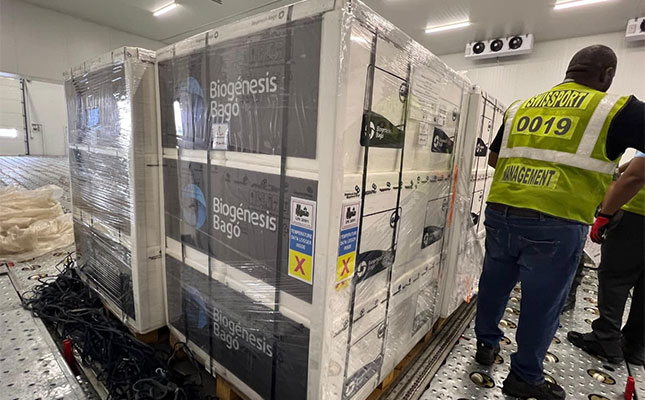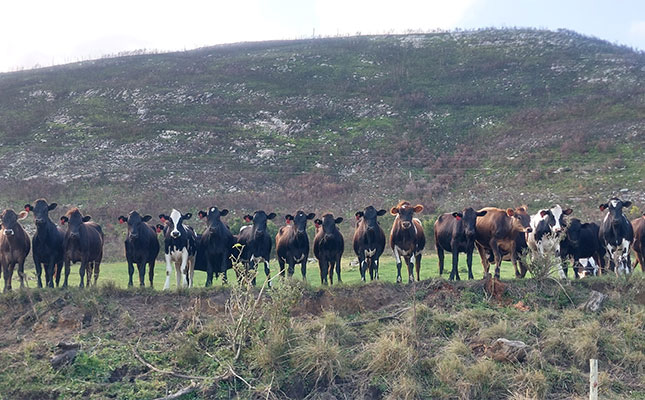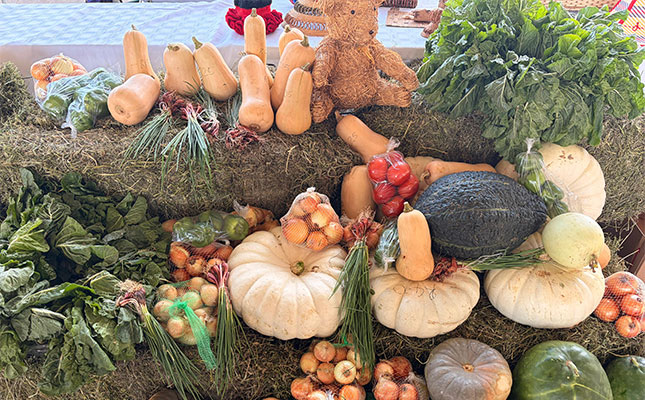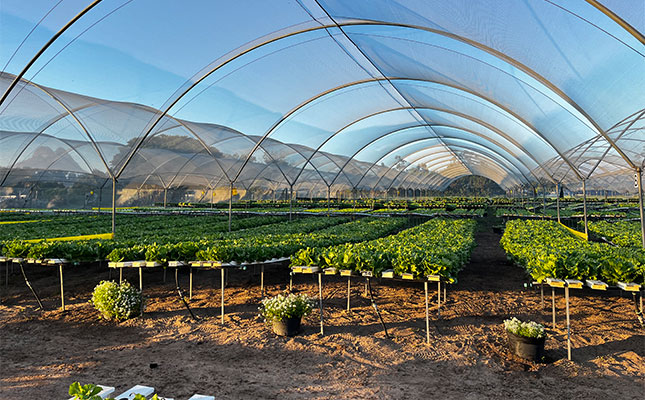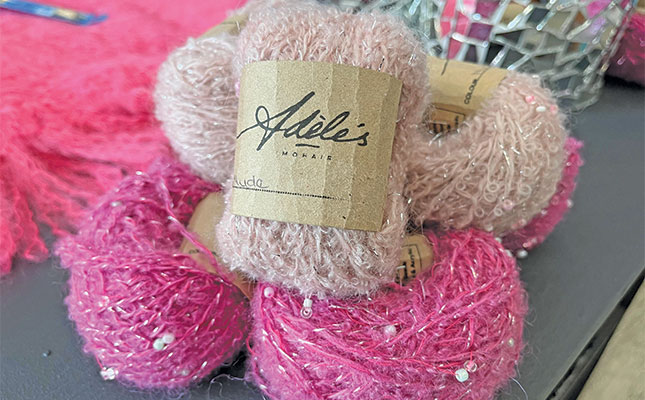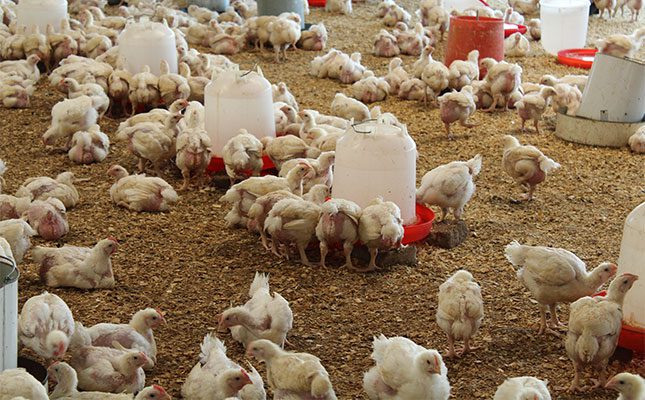
This week, Astral obtained a hard-fought-for permit from the Department of Agriculture to vaccinate broiler breeding stock against the H5 bird flu strain. The process to obtain the permit took 18 months and comes with a host of strict and costly requirements.
Vaccination will commence on one of Astral’s farms in Gauteng within the next few days. This farm holds around 200 000 broilers, representing 5% of Astral’s broiler breeding stock and valued at around R35 million.
Dr Obed Lukhele, Astral’s technical executive, noted that while the vaccine does not entirely prevent infection, it did provide birds with greater immunity and reduced the chances of birds dying as a result of the flu: “Producers will at least not suffer huge financial implications from losing their breeding stock, or having to cull the birds due to infection.”
The vaccinated poultry breeding stock has to be kept under strict biosecurity conditions and will be subjected to extensive weekly and monthly surveillance by a team of private poultry veterinarians, as well as state veterinarians. In addition, the progeny of the vaccinated poultry breeding stock has to be completely traceable in the downstream poultry integration.
Mass vaccinations highly unlikely
A vaccinated flock will reduce virus shedding and widespread contamination of the environment from the virus. To fully benefit from vaccines against bird flu, South Africa would, therefore, need to vaccinate the majority of the national flock.
The current biosecurity standards farmers vaccinating their flocks would need to follow are, however, prohibitively expensive, making mass vaccinations highly unlikely.
The South African Poultry Association (SAPA) is currently engaging with Minister of Agriculture John Steenhuisen to reduce the requirements.
Izaak Breitenbach, SAPA’s general manager, told Farmer’s Weekly that since vaccinated birds could still contract the virus, but show little symptoms, continuous testing was required to ensure that the birds were not infected, and would not then spread infections to other farms.
“The current protocol requires that a vet test every bird themselves. Since there are not enough state vets, private vets would need to be contracted. This is not only expensive, but time consuming, and the vets run the risk of spreading disease from one farm to the next. We told the minister it’s not feasible and only the best of the best farms would be able to comply. Instead, we have proposed that pooled samples be used.”
Breitenbach said that Steenhuisen had subsequently instructed his department to develop a new protocol that would enable mass rollout of vaccines.
Astral will be using commercially available vaccines supplied by an international manufacturer. While it is not the H7 strain of bird flu which South Africa encountered during the severe 2023 outbreak, Lukhele said that the H5 strain currently presented the biggest risk for bird flu globally and in South Africa.
Astral is meanwhile awaiting the registration of a locally manufactured H7 vaccine.
Get trusted farming news from Farmers Weekly in Google Top Stories.
➕ Add Farmers Weekly to Google ✔ Takes 10 seconds · ✔ Remove anytime
